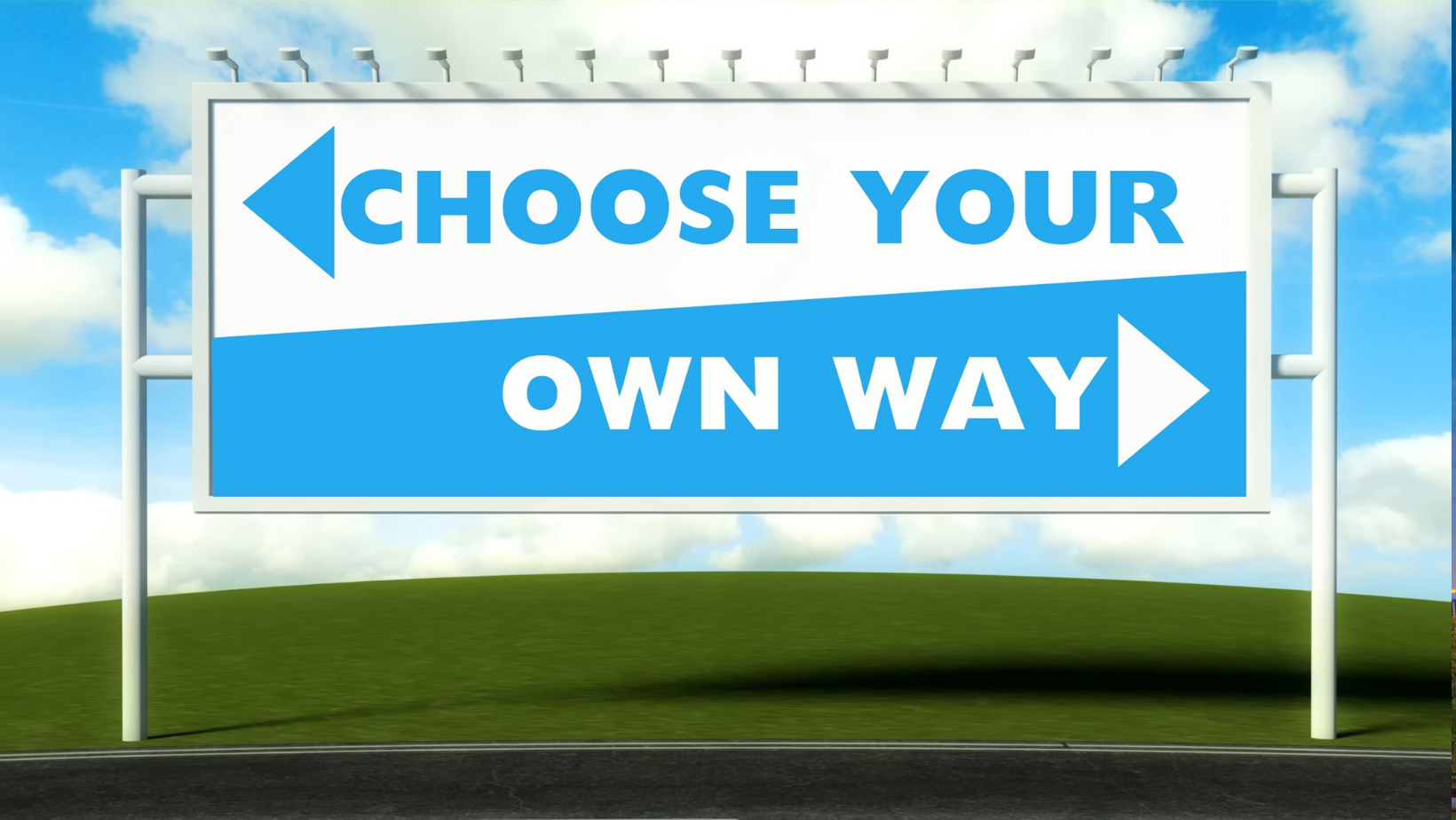
Do you ever find that some of the most beautiful people you have met are those who have known defeat, known suffering, known struggle, known loss and have found their way out of the depths? This type of person has an appreciation, a sensitivity and a deep understanding of life that fills them with compassion, gentleness and warmth.
We all make mistakes. We all face challenges and difficulty. That’s part of the natural process of life.
It’s these moments that offer us the opportunity to respond:
Just because we’ve lost our way doesn’t mean that we are lost forever. In the end, it’s not the failures that define us so much as how we respond.
In the end, everything can be taken from you but one simple thing: your ability to choose how you respond.
It's not the circumstances themselves that cause distress, but how we choose to respond. Picture two people facing everyday frustrations: relentless rain, traffic jams, long ques, or slow service. One person might react with impatience, anger, and frustration, letting these minor inconveniences ruin their day. They may grumble, honk the horn, or lash out at the cashier, believing the world is conspiring against them. Meanwhile, the other person takes a deep breath and recognises that these situations are beyond their control. They choose instead to remain calm, understanding that their peace of mind is far more valuable than the fleeting annoyances of the day.
This contrast shows that it's not the external events that dictate our happiness or frustration, but our internal response to them. This principle applies not only to small, everyday annoyances but also to much bigger challenges, such as dealing with illness, loss, or significant life changes. While it’s undoubtedly more difficult to maintain composure in the face of serious adversity, it is possible. By focusing on what we can control—our thoughts, attitudes, and responses—we can navigate even life’s greatest challenges with grace and resilience. This doesn’t mean ignoring the pain or difficulty but rather choosing not to be consumed by it, allowing us to maintain a sense of inner peace even in the toughest circumstances.
Affirmation of the week.. ?
"When faced with a challenge, I choose to take a deep breath, respond, and not react."
Responding Versus Reacting
Responding is rooted in responsibility, implying thoughtful and deliberate action. In contrast, reacting is an instant, often thoughtless, response to a situation. Imagine you’re walking your dog on a beautiful day when suddenly, a large dog rushes toward you. Instinctively, you react, pulling your dog away to safety without a second thought. In such moments, our survival instincts kick in, driving us to react quickly.
There are situations we find ourselves in which we need to react. Our survival needs make it imperative. It’s hard-wired into us: when we sense danger, our biological systems automatically put us into a high state of readiness known as the fight, flight, or freeze reaction.
But seldom do we need that animal instinct. In reality, most days, our survival isn’t threatened. But that doesn’t stop our ever-vigilant brains from being triggered into reacting as if there is mortal danger around corners. A sharp email from a boss or an unwelcome call from an ex can set off this reaction, leading to decisions made in haste and stress. Although we know reacting often leads to poor outcomes, it takes more than awareness to break the habit.
The good news is that it is possible to move away from this reactive cycle.
With practice and discipline, we can learn to respond thoughtfully rather than react impulsively. Responding requires a moment of pause to think before acting, allowing us to disengage from our survival instincts and approach situations with rationality rather than emotion. In our fast-paced culture, it’s easy to fall into a reactive mode, but responding thoughtfully can help us navigate life's challenges more effectively, reducing anxiety, stress, and depression.
Here are 3 steps to become a Responder instead of a Reactor;
Step 1- Practice not taking life’s bumps and lumps personally. Personalising challenges fuels reactivity. When a motorist makes a rude gesture, you can choose to react personally or consider what might be influencing their behavior. Maybe they’ve just lost their job, maybe they’re struggling mentally. There are a million reasons why people act the way they do. It doesn’t make it the right thing to do, but they are accountable for their behaviour, not you. Nobody can make you react without your cooperation. Remember, nothing is personal unless you choose to make it so.
Step 2 - Begin to notice your emotions. Pay attention when you feel angered, triggered, or otherwise off-balance. Take a breath—or several. You'll find that most situations aren't as urgent as they seem. Allowing time for a thoughtful response often yields better outcomes. If needed, take a day or two to decide how to respond, using the old, “I’m going to sleep on it.”
Sometimes, choosing not to respond at all can be a valid option.
Step 3 - Next time you are triggered to react to a situation, write a draft response to yourself. Leave it for a day. Then ask yourself these five questions:
- What is the likely consequence of this response?
- Am I reacting or responding?
- Am I escalating or de-escalating?
- What kind of response, if any, best serves me or the situation?
- Is the best decision to let it go?
We cannot control others or what life may bring – but we do have the power to choose our thoughts, emotions, moods, words, actions, values, and principles.
If you’ve got something from this and would like to learn more - click the button below now to find out more about our Freedom Community !
"Between stimulus and response there is a space. In that space is our power to choose our response. In our response lies our growth and our freedom." - Victor Frankl
